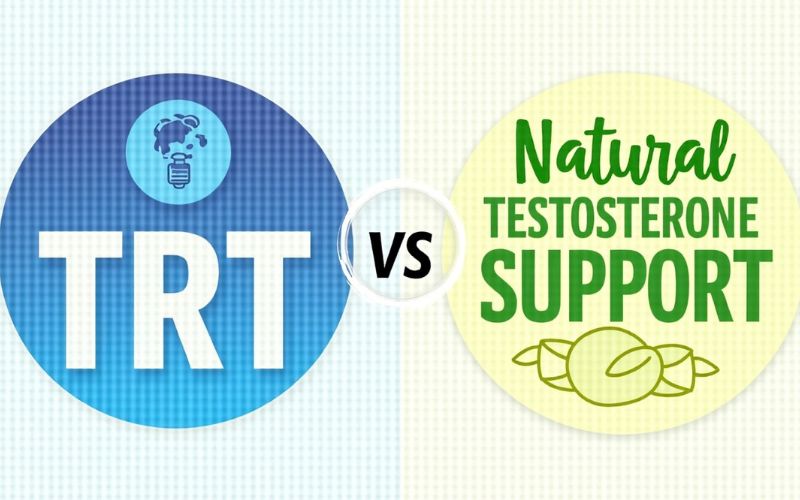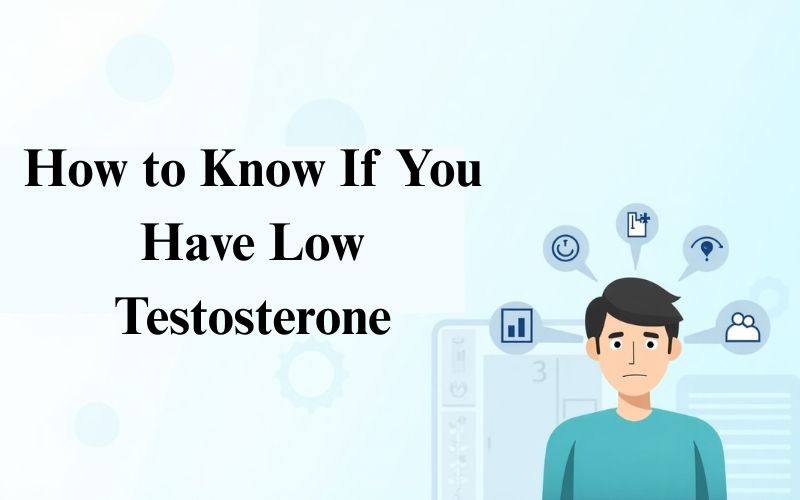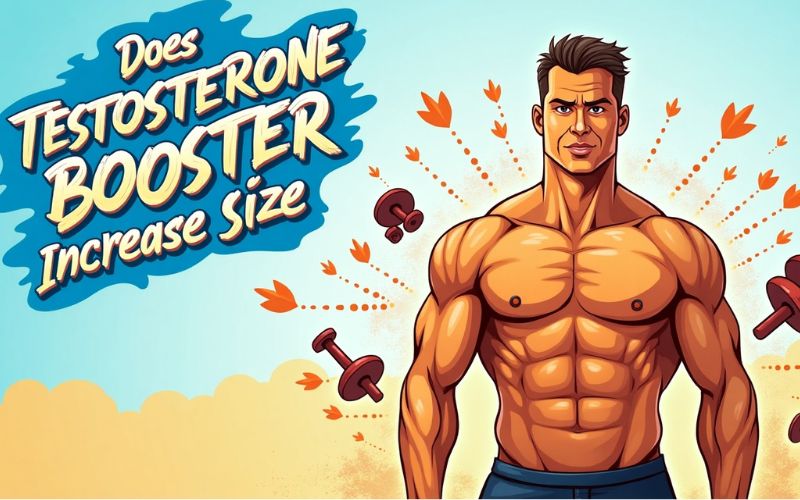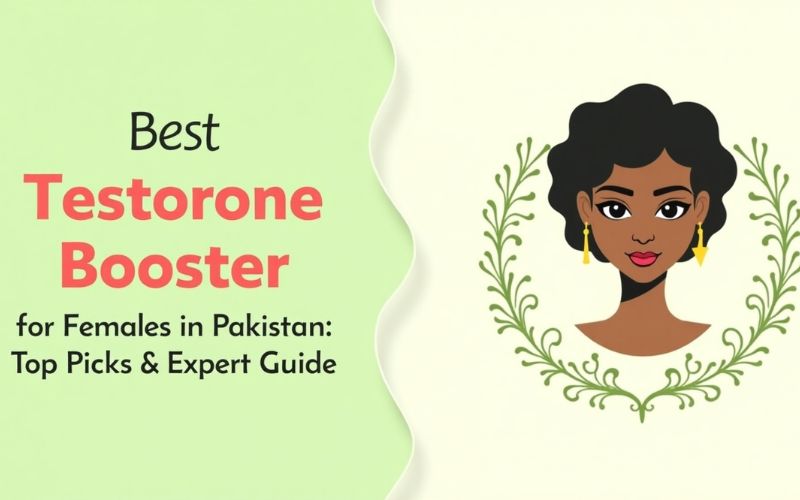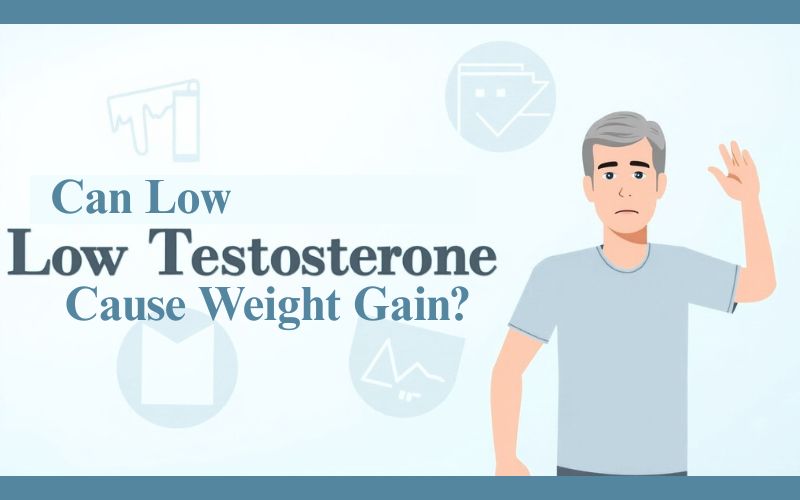Testosterone plays a crucial role in male health, influencing everything from muscle growth and energy to mood and libido. As men age, testosterone levels naturally decline, often sparking questions about whether Testosterone Replacement Therapy (TRT) or natural testosterone support is the better choice. In the age of biohacking and personalized medicine, making the right decision can significantly impact your long-term health, vitality, and well-being.
This guide breaks down both options—TRT and natural support—based on science, expert insights, and real-world application.
Table of Contents
What is Testosterone and Why It Matters
Testosterone is a hormone primarily produced in the testes that regulates muscle mass, bone density, red blood cell production, sexual drive, and mood stability.
Symptoms of Low Testosterone:
- Fatigue or low energy
- Decreased libido and erectile dysfunction
- Loss of muscle mass or strength
- Increased body fat
- Mood changes or depression
- Brain fog
These symptoms can appear subtly in your late 20s or more noticeably by your 40s and beyond. Addressing low testosterone is essential for overall hormonal balance, men’s vitality, and healthy aging.
TRT (Testosterone Replacement Therapy) Explained
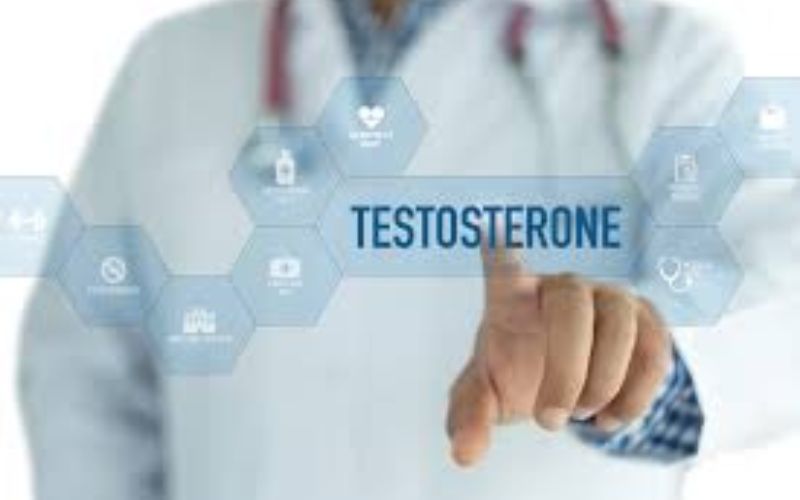
TRT is a medically supervised treatment that involves replacing the testosterone your body no longer produces at optimal levels.
Common TRT Forms:
- Injections (weekly or bi-weekly)
- Topical gels or creams (daily application)
- Pellets (implanted subcutaneously every 3–6 months)
Benefits:
- Rapid improvement in energy and libido
- Increased muscle mass and reduced fat
- Better mood and cognitive clarity
- Enhanced recovery from workouts
Risks and Side Effects:
- Suppressed natural testosterone production
- Reduced fertility and possible testicular shrinkage
- Prostate health concerns (especially in older men)
- Risk of polycythemia (thickened blood)
TRT requires long-term commitment and regular blood work. It is most suitable when clinically diagnosed low T is present.
Natural Testosterone Support
For those not ready to pursue TRT or looking for long-term sustainable solutions, natural testosterone support is a safe and effective option.
Lifestyle Strategies:
- Nutrition: High-protein, healthy fats, zinc- and magnesium-rich foods
- Exercise: Weight training, HIIT, and regular physical activity
- Sleep: 7–9 hours nightly to optimize hormonal repair
- Stress Management: Lower cortisol, improve hormonal balance
Natural Supplements:
- Ashwagandha: Reduces cortisol, improves T levels
- Zinc & Magnesium: Essential minerals for testosterone production
- Vitamin D3: Especially in low-sunlight regions
- Fenugreek: Shown to support libido and testosterone
Pros:
- Lower risk of dependency
- Supports broader health and longevity
- Improves other hormone systems naturally
Cons:
- Slower results
- Requires consistency in habits
Comparison Table
| Feature | TRT | Natural Support |
| Speed of Results | Fast | Gradual |
| Medical Supervision | Required | Not Required (but ideal) |
| Cost | High | Moderate |
| Risk of Dependency | Yes | No |
| Long-Term Safety | Mixed Evidence | Generally Safe |
Who Should Consider TRT?
- Men over 40 with clinically diagnosed low T
- Severe symptoms impacting quality of life
- Failed results from lifestyle changes
- Willing to commit to lifelong medical oversight
Who Should Stick with Natural Support?
- Mild or borderline low testosterone
- Men in their 20s and 30s
- Focused on prevention and long-term health
- Men prioritizing fertility and hormonal independence
Before You Decide: Testing and Diagnosis
Never self-prescribe testosterone therapy. Instead, consult with a men’s health specialist or endocrinologist and get:
- Total Testosterone (TT) levels
- Free Testosterone (FT)
- LH & FSH to assess pituitary function
- SHBG and estradiol for hormonal balance
A complete hormonal panel is essential to guide your decision safely.
Expert Insight and Common Myths
Myth: TRT causes aggression or ‘roid rage’.
Reality: Clinical TRT is managed to maintain healthy levels—not abuse-level doses seen in anabolic steroids.
Myth: Natural supplements are useless.
Reality: Research supports certain compounds like ashwagandha, fenugreek, and zinc in modest testosterone increases, especially in deficient individuals.
“TRT is life-changing for men who genuinely need it, but natural optimization remains the foundation of hormonal health.” — Dr. Jason Carr, Endocrinologist
Statistical Chart: % of Men with Low Testosterone by Age Group
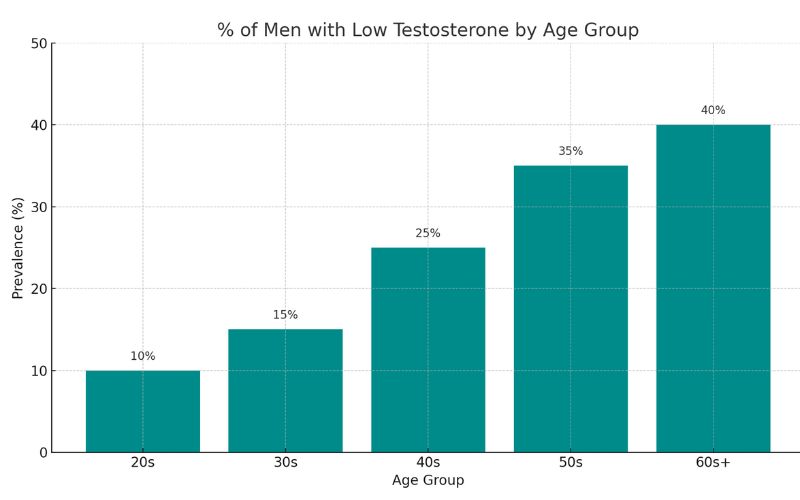
Here is the chart showing the percentage of men with low testosterone across different age groups.
Pie Chart: Common Causes of Low Testosterone
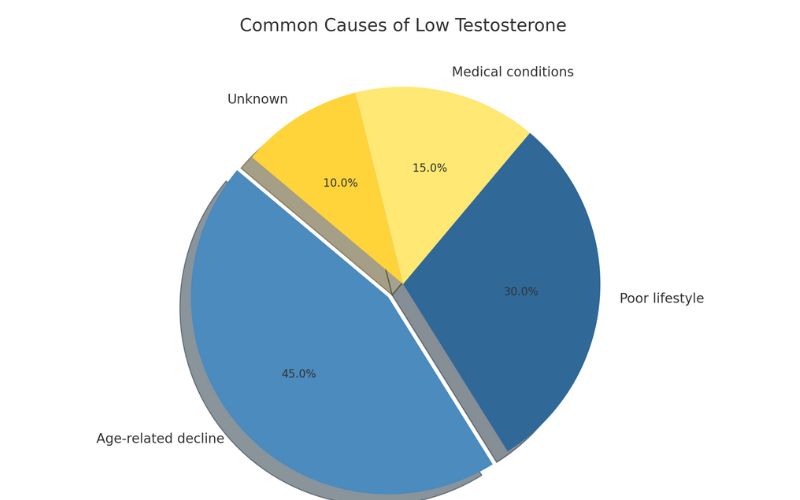
Here is the pie chart illustrating the common causes of low testosterone.
How Testosterone Is Produced in the Male Body
- Hypothalamus → Pituitary → Testes pathway
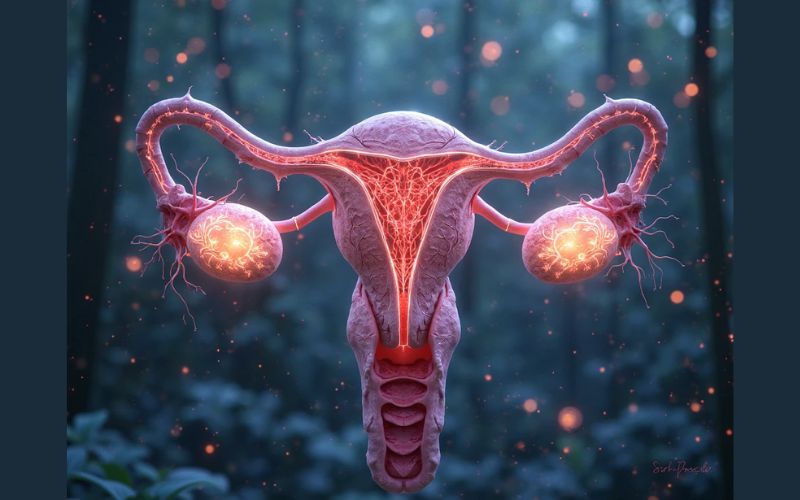
- Role of LH, FSH, cholesterol in T synthesis
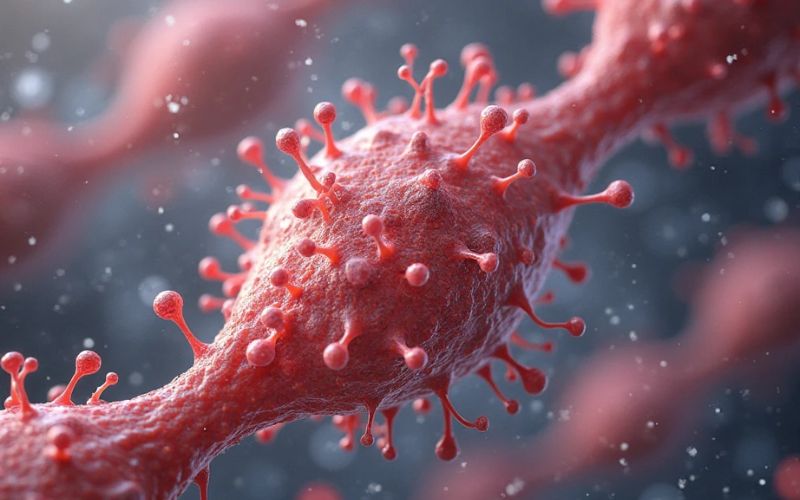
Conclusion: TRT vs Natural Support – What’s Right for You?
Choosing between TRT vs natural testosterone support depends on your symptoms, lifestyle, goals, and blood work.
If you’re dealing with clinical low T that’s impacting your health, TRT may be the answer—with medical guidance. If you’re younger, prevention-minded, or not ready for lifelong therapy, natural methods offer a safer and empowering route.
Always consult a medical professional before starting any hormone-related treatment. The right path is the one aligned with your long-term vitality, values, and well-being.














